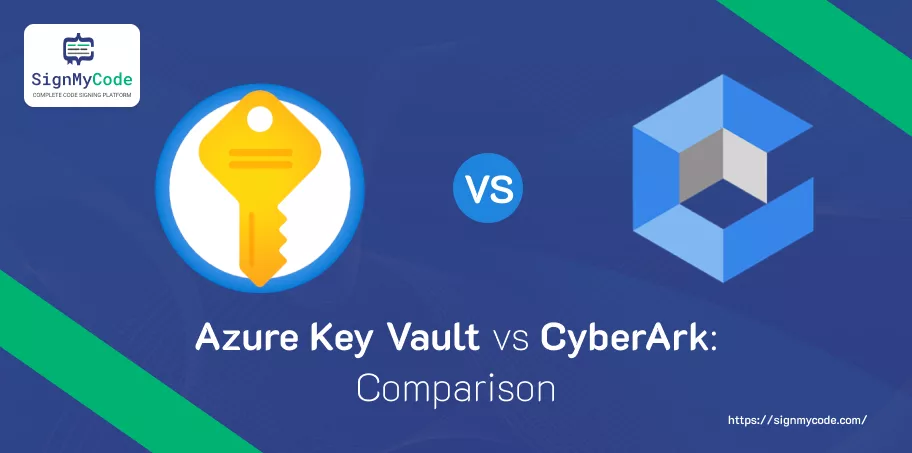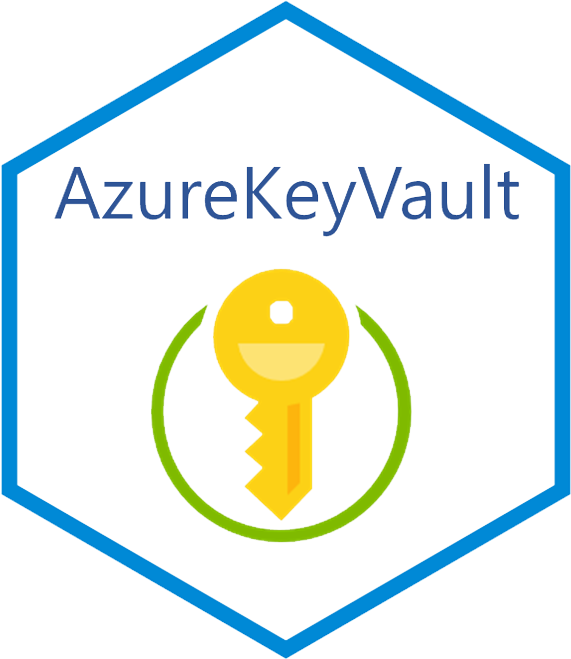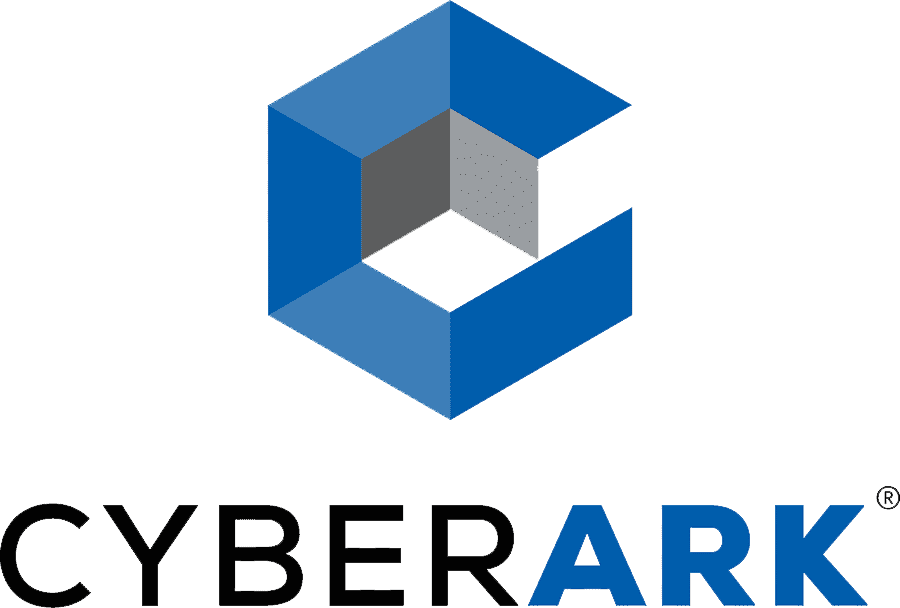Azure Key Vault vs CyberArk: Comparison to Know

What comes to your mind when you think of a secret? To protect it in whichever manner you could, right?
In the real-world scenario, it’s our nature and our self-control how we can manage our secrets and protect them but matter gets different when it comes to the virtual world.
In the virtual world, a secret is anything that you aim to rigidly control access to, such as passwords, tokens, API & encryption keys, or certificates.
Accessing different secrets and keys, especially when they become platform-specific, can be difficult. In addition, key rolling, secure storage, and detailed audit logs are almost impossible without a custom solution. This is the phase where a vault or a PAM (Password Access Management) steps in.
They provide a unified interface to any secret while providing tight access control and recording a detailed audit log. It validates and authorizes clients (users, machines, apps) before giving them access to secrets or stored sensitive data.
There are different tools for managing cryptographic keys, secrets, and certificates. Azure Key Vault and Cyberark are two of the leading solutions in the industry.
What is Azure Key Vault?

Microsoft offers Azure Key Vault which is a cloud-based security service, part of its Azure platform. It particularly dominates the security management by providing a secure and centralized storage solution for secrets and cryptographic keys, such as passwords, certificates, and keys.
Recommended: Know in Detailed About Azure Key Vault
It allows organizations and individuals to cautiously store and manage sensitive information, like application secrets and cryptographic information, making it easily accessible to authorized users and applications only. This allows entities to enhance their IT security and reduce the risk of data breaches.
Recommended: Azure Security Best Practices & Cloud Security Checklist for Secure Cloud Storage
Neither any application nor Microsoft has direct access to keys. Instead, end users grant permissions for their own and third-party applications to use the keys.
| Name of Product | Validation Needs | Issuance Time | Our Price |
|---|---|---|---|
| Azure Key Vault Cloud Code Signing Certificate | Business | 1-5 Days | $369.99/yr |
| Azure Key Vault EV Cloud Code Signing Certificate | Extended | 3-5 Days | $519.99/yr |
What Is CyberArk?

CyberArk is an IAM (Identity and Access Management) security tool that you can use for managing access and security of your platform.
The solutions it offers are comprehensive to store, manage, and share cryptographic passwords across your organizations, particularly with highly customized security roadmaps. It protects your firm from any kind of malware and other security breaches associated with hacking.
It provides an end-to-end solution with a range of products and is typically built to keep your organization’s data safe and secure, with authorization access assured.
Pros & Cons of Azure Key Vault and Cyberark
Here are some of the pros and cons of both security management systems.
Azure Key Vault Pros
- It provides a secure and centralized location for storing and managing cryptographic keys, secrets, and certificates, protecting against theft or misuse.
- Generates, stores, and manages keys and other data through encryption and decryption.
- It provides a range of access control features that enable users to manage who has access to their cryptographic assets which includes role-based access control (RBAC).
Azure Key Vault Cons
- High volume operations have always been a price-sensitive zone, which in turn increases its cost.
- The Azure ecosystem is a definite plus point for fast and seamless connection within the network, but it certainly limits the flexibility of organizations operating in multi-cloud or hybrid environments.
CyberArk Pros
- It provides advanced threat protection policies that help detect and mitigate specific application threats of organizations or individuals.
- It vaults over multiple regions; several cloud providers allow users to deploy the primary Vault in AWS and recover the Vault in Azure.
- Automation in cryptographic asset management reduces the need for manual processes, enabling user focus.
CyberArk Cons
- While still being a great asset for enterprise, price consideration of Cyberark is its primary disadvantage.
- For a non-enterprise user, CyberArk user Behavior Analytics tools may be a bit complex, making it difficult for individuals.
- Both tools are used for managing secrets, keys, and sensitive information, but they have some differences that make one different from the other, hence building their separate user base.
Major Differences between the Azure Key Vault and CyberArk
Provider:
Azure Key Vault is a cloud-based service that is being managed by Azure, and comes under the umbrella of Microsoft. It is tightly integrated with other Azure services and is commonly used in cloud-native applications.
CyberArk is a foremost provider of privileged access management (PAM) solutions. It specializes in securing and managing privileged accounts, credentials, and secrets within organizations to protect against cyber and data breaches.
Integration:
Integration of Azure Key Vault is seamless with other Azure services, which makes it well-suited for applications hosted on Azure.
The CyberArk integration accompanied the CyberArk references to Data Flow Probes. Password information isn’t contained.
Ease of Deployment:
Azure manages Azure Key Vault, meaning Microsoft handles the infrastructure and maintenance, offering simplicity and ease of use.
As stated by some CyberArk users, its initial setup is complex. The data source credentials, along with access control, dependencies, and workflows are defined in the vault where each Guardium system is then configured to access the vault and retrieve the stored credentials.
After the set up, the passwords can be maintained and provisioned with no human intervention.
Security:
Due to features including FIPS 140-2 Level 2 validated HSMs, data encryption at rest and in transit, and role-based access control (RBAC), the data security in Azure can’t be neglected.
Over this, It’s also integrated with Azure Active Directory for authentication which provides centralized identity management.
CyberArk Privileged Account Security integrated solution provides detailed privileged activity intelligence, which arms organizations and individuals with the information they need to identify and it also responds to the most critical incidents, meeting demanding compliance requirements.
Cost:
Azure Key Vault is a usage-based product, cost is typically incurred for operations like key storage, secret storage, and key operations. Offering a predictable pricing model makes it easy to use, especially for organizations heavily invested in the Azure ecosystem.
On the other hand, CyberArk pricing model can be confusing for some as it varies by product. It is a bit more expensive than other related solutions due to the high cost of professional services and management post-deployment.
Due to such reasons, quote customization can come in handy.
Service and Support:
Azure Key Vault benefits from Microsoft’s extensive support network making it more accessible and easy to use for an organization already working with Azure.
CyberArk is one of the nicest PAM solutions out there and is quite compatible with both Windows and Linux systems. It brings a more customer-oriented focus, having expert service.
ROI
In terms of ROI, both show an impressive report and have their respective benefits. ROI differs based on customizations and the needs of users.
Conclusion
Both the tools have their own benefits and semantics depending on the kind of usage.
While the Azure ecosystem runs the primary business when it comes to Azure Key Vault, imparting a fully managed service with simplified deployment and integration.
Comprehensive management and customization improvisation in Cyberark make a difference between the two.

